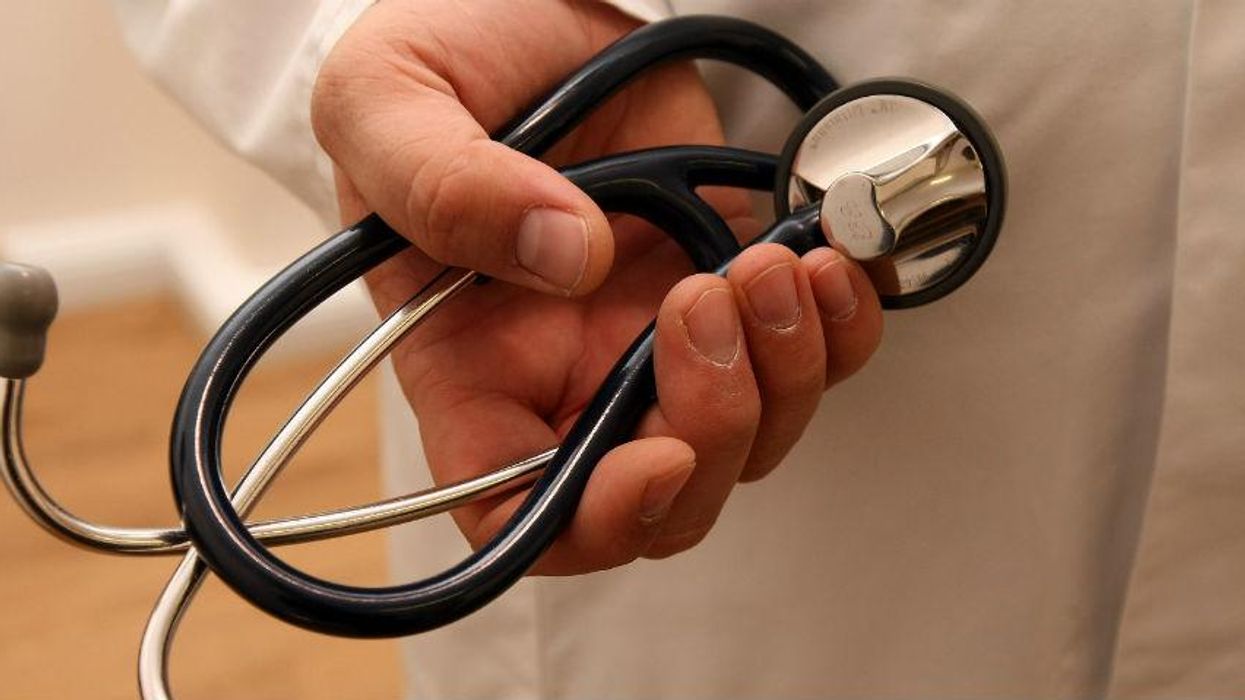News
Evan Bartlett
Nov 24, 2014

Young doctors struggle to remain objective and truthful when they feel a strong personal affinity to their patients, a new study has found.
A paper titled Blurring of boundaries in the doctor-patient relationship has shown that 59 per cent of oncologists (those treating cancer patients) found it difficult to be truthful about a prognosis if they particularly liked a patient.
The study also showed that 60 per cent of doctors felt that empathy for patients made it much harder to make objective decisions, while most allowed patients to use their first name and 60 per cent allowed patients to hug or kiss them when greeting or saying goodbye.
Cancer patients need their doctors to be warm, compassionate and caring but the relationship should not be confused with a social one.
Burnout in young oncologists is high, at more than 30 per cent, and often leads to them leaving the profession.
It is so important patients have strong and trusting relationships with their doctors during what will most likely be a very emotional and difficult period.
But to ensure that cancer patients receive the best and most objective treatment, oncologists must look after their own emotional well-being also and recognise that there is a professional line over which one shouldn't cross.
- Lesley Fallowfield, lead researcher from Brighton and Sussex Medical School (BSMS)
Malcolm Reed, incoming Dean of BSMS said: "Although these results need replicating, they show a worrying trend.
"The General Medical Council has produced guidance in which these newer risks to the maintenance of professional boundaries are made clear; they need to be promoted to students and young doctors."
The rise of social media was cited as one particular area that blurs the professional and personal boundaries, with 14 per cent of doctors admitting to adding their patients on Facebook and 55 per cent saying they had given them their personal mobile telephone number.
The researchers surveyed 338 oncologists throughout Europe, under the age of 40.
More: When not to visit your doctor, according to the experts
Top 100
The Conversation (0)













